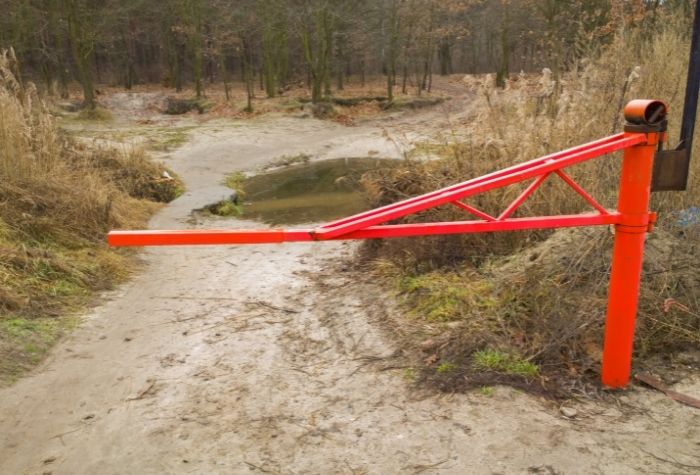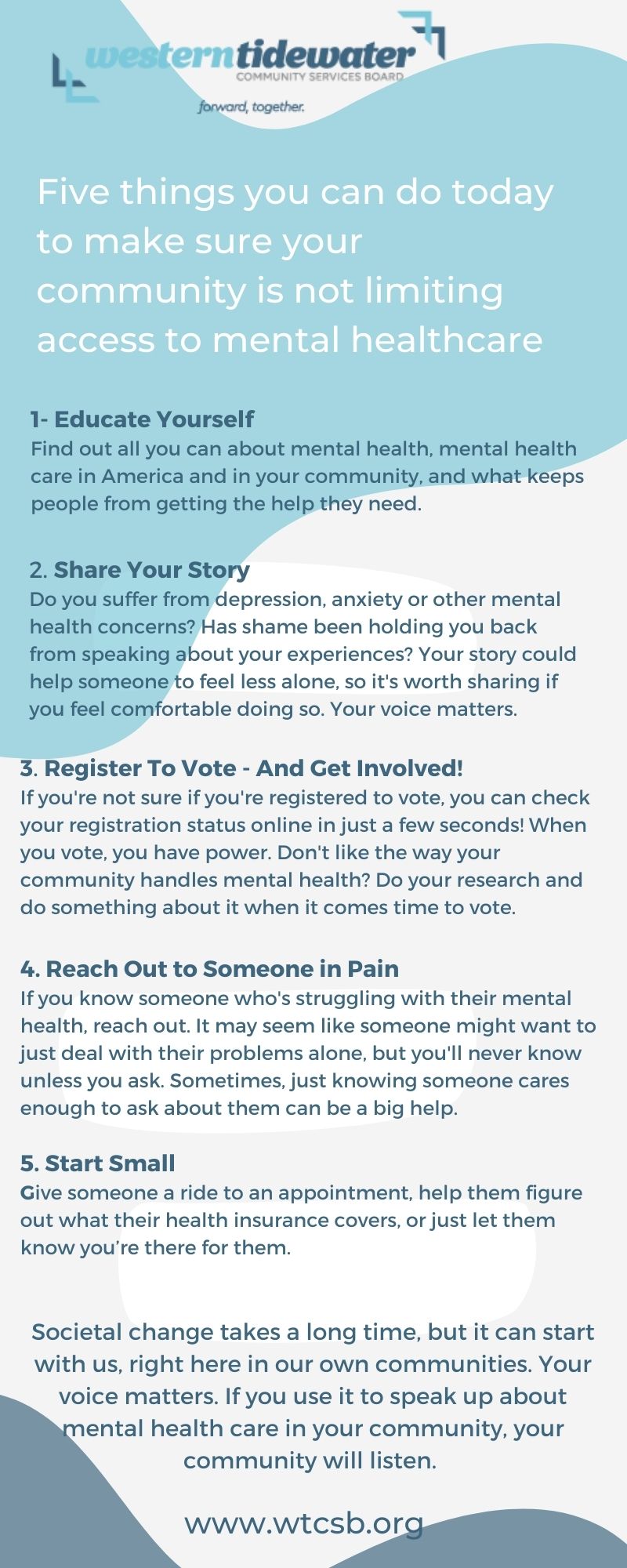Does Your Community Experience Barriers to Accessible Mental Health Care?
Many communities, especially smaller or more rural communities, experience barriers to mental health care.
Some of these include a lack of knowledge about mental illness and mental health care, or even a complete lack of desire to receive care, often due to the perceived stigma of mental health care in the community.
Other barriers might be shortages of mental health care professionals or a lack of income, transportation, or other resources.
For some groups, a lack of mental health care professionals that they trust might be the issue.
People of color and other minority groups often feel more comfortable with professionals who are also a part of their minority group – and find it easier to relate to them and discuss those aspects of their identities.
However, Data from the American Psychiatric Association (APA) shows that only 2 percent of the estimated 41,000 psychiatrists in the U.S. are Black, and just 4 percent of psychologists are Black.
So what can we do to break down these barriers?
Societal change takes a long time, but it can start with us, right here in our own communities.
Your voice matters.
If you use it to speak up about mental health care in your community, your community will listen.
There are many ways to advocate for better and more inclusive mental health care.
The infographic below outlines a few ways you can get started.
We Can Help
Removing yourself from a toxic relationship can be extremely difficult, especially if it is a family relationship.
If you need some help coping with difficult feelings, we are here to help.
Share the Infographic! Click to get the embed code
<a href=”https://www.wtcsb.org/5-things-you-can-do-today-to-make-sure-your-community-is-not-limiting-access-to-mental-healthcare“ target=”><img src=”https://www.wtcsb.org/wp-content/uploads/2022/01/Five-things-you-can-do-today-to-make-sure-your-community-is-not-limiting-access-to-mental-healthcare.jpg” /></a>







